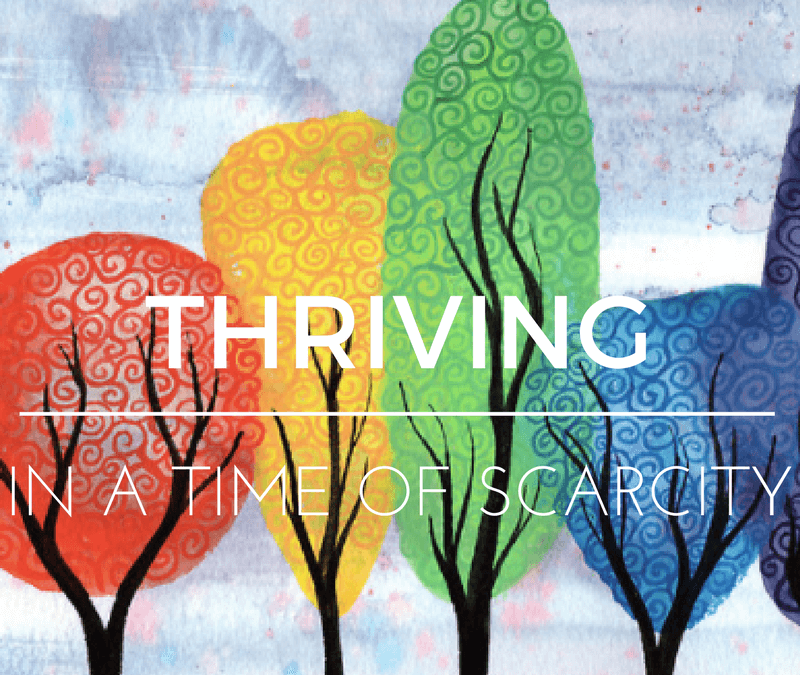How can we thrive in times of increased demand on our nervous system?
With the rise of technological solutions, social media platforms, smart phone apps and global 24/7 teams, we see higher expectations for productivity, creativity and efficiency at work, demands at home, rising testing standards of education for children, abundance of choice to spend time and access to information on the internet… all this while our brain still struggles with primitive instinctive fight-flight-freeze reactions resulting in cases of depression, addiction, separation, loneliness and even suicide.
Although our brain still lags behind the innovation that we have created in this world, what can we do to feel we are thriving in the time of scarcity and world health problems?
I became curious to look at examples of people who thrive, despite having challenges in their life. I interviewed friends and experts who could share their positive story with you, to inspire all of us to look through experiences from a different angle.
With this, I would like to share with you the Enrich TV interview of the positive psychologist, Niyc Pidgeon, who now lives in LA and is a good friend of mine. Niyc shares her personal story of how she got to become the Entrepreneur of the Year in the UK, an author and UN ambassador for women’ rights after having a traumatic experience in the past.
In France, Japan, and Spain, female life expectancy is expected to hit at least 88 or 89 years, up from around 85.Why is that? – you may ask.
Women in South Korea have experienced great social change in recent years following the miracle on the Han River. The elevation in social status of women has significantly improved over the last 30 years due to the modernization of society. Today, the social status of women has become practically equal to men’s in social sectors such as legal rights, education, and health.
Men in South Korea, as well as Australia and Switzerland, are also expected to lead the world in life expectancy, living to about 84 by 2030, with Canada, Spain, New Zealand, and the Netherlands following closely behind.
What makes this example particularly striking is that on average, citizens in the US are far wealthier than South Koreans — the average income of someone in the US is $55,980, which is more than double the average income in South Korea.
What I have taken from the above?
As soon as we are active, growing, learning, having access to a good health system, looking after our body-mass index, living in a thriving society and culture that promotes equality and acceptance of rights, it’s all good.
If not, let’s change it and live longer!
With love & gratitude,
Darya
[1] http://www.thelancet.com/pdfs/journals/lancet/PIIS0140-6736(16)32381-9.pdf
